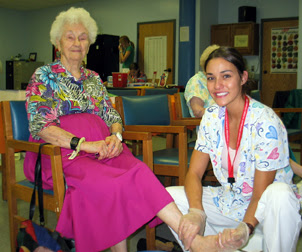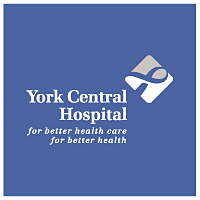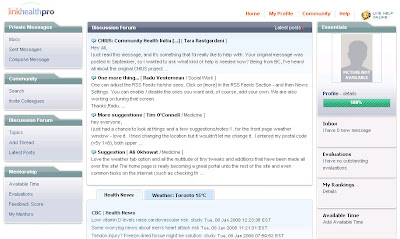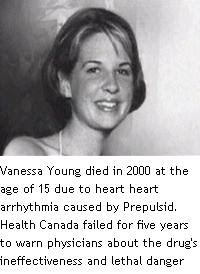 Montreal's two medical schools have thrown cold water on a proposal to fast-track the education of medical students to save money and help reduce the shortage of doctors.
Montreal's two medical schools have thrown cold water on a proposal to fast-track the education of medical students to save money and help reduce the shortage of doctors.
An editorial in the latest issue of the Canadian Medical Association Journal recommends that the standard four-year curriculum be reduced by a year.
But officials at both McGill University and the Université de Montréal argue the proposal doesn't make sense in Quebec because many students in the province enroll in medical school straight out of CEGEP.
In the other provinces, most medical students already have an undergraduate degree in the sciences.
"CEGEP students have two years of schooling, and it doesn't make sense for them to then have only three years of medical education," said Raymond Lalande, vice-dean of undergraduate studies in the faculty of medicine at U de M.
He noted that 40 percent of U de M's medical students do not have an undergraduate degree, and at the Université de Sherbrooke, the proportion is 80 percent.
"We risk lowering the quality of medicine by doing this," Lalande added.
The editorial by three doctors observed that McMaster University in Hamilton, and the University of Calgary have for years offered three-year programs.
"Is this extra year necessary?" the editorial asked. "Training each medical student in Canada is costly both in time and money. Each student requires hundreds of hours of time from established family physicians, specialists and medical educators - time that otherwise could be spent on caring for patients."
By graduating students earlier, the editorial suggested, newly-trained doctors would be able to provide an additional year of care.
Joyce Pickering, associate dean of medical education at McGill, said any decision to shorten the school curriculum in Quebec would have to reflect the CEGEP system of junior colleges.
"We'd have to look at whether or not the rules would be different for students who come directly from CEGEP as opposed to students who have (an undergraduate) degree first."
At the U de M's medical school, students must study for 180 weeks. U de M medical students tend to score the highest overall marks in the country in year-end exams by the Medical Council of Canada.
In contrast, the programs at McMaster and Calgary are 130 weeks long - the minimum required to earn a medical degree. McGill's program lasts 160 weeks.
The Association of Faculties of Medicine of Canada, representing the country's 17 medical schools, is reviewing the standard curriculum in addition to the three-year proposal.
Its recommendations are due in 2009. If any decision is taken to reduce the curriculum by a year, it probably won't occur until five years from now, Pickering said, because of the lead time it takes to make changes of this nature.
Lalande said that the trend in medicine is to length the residencies of specialties like pediatrics and neurosurgery, not shorten them.
Before being being allowed to practise on their own, doctors must complete residency training in a hospital. For family medicine, it's two years. But for specializations, it's at least three years.
"Honestly, I can't see how three years of medical school, followed by a two-year residency in family medicine, is enough to train a family doctor to respond to all the needs of patients and an aging population," Lalande said.
"Any proposal to change the curriculum has to be made for pedagogical reasons. This proposal is being made for non-medical reasons."
The Quebec government has gradually increased enrollment in medical schools since 2003. Health Minister Philippe Couillard said the province will report a net increase of 1,200 doctors by 2012.
Source: The Gazette












